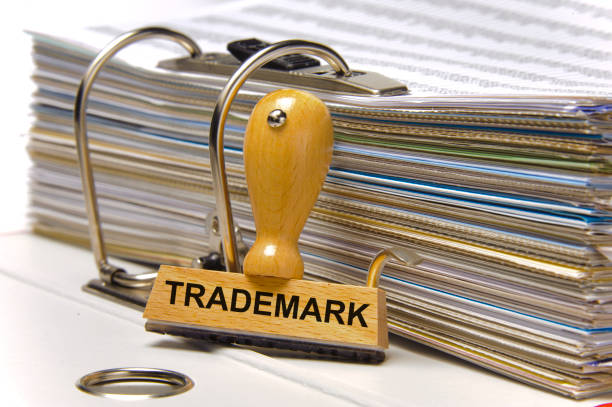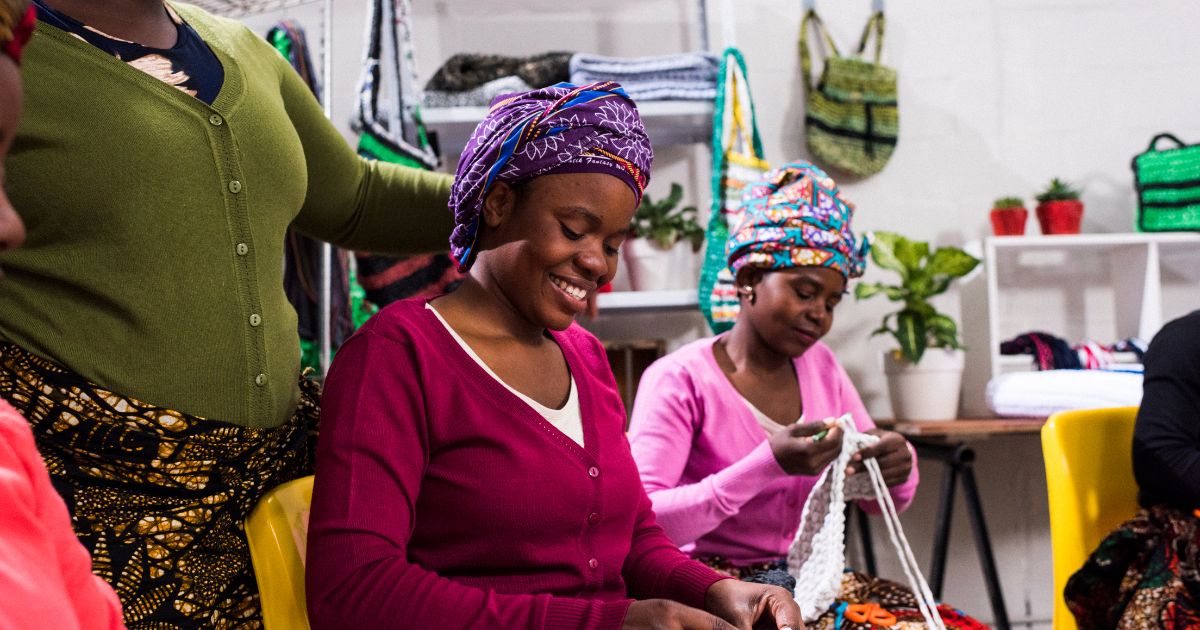Why IP matters for women entrepreneurs in the SADC region
Women entrepreneurs in the Southern Africa Development Community region (SADC) face different challenges with regard to intellectual property and trademark registration. In order to register a trademark, there are certain requirements that must be met. This blog will focus on educating young female entrepreneurs on the importance of Intellectual Property (IP) for their start-up businesses.
We have identified some of the major challenges women face when registering their trademarks in the Southern African region and we will be sharing some potential ways to combat these challenges.
Table of Contents
What is Intellectual Property?
Intellectual Property (IP) is a legal concept that protects the ideas, inventions, and artistic works of an individual or organization. It includes patents, trademarks, copyright, and trade secrets.
IP can be used to protect your business from competitors who may want to copy your products or services. You can also use it as leverage in negotiations with investors or buyers if you are looking for funding or partnerships.
The Importance of IP for Women Entrepreneurs in SADC
Intellectual property is an important tool for women entrepreneurs in the SADC region. It can be used to protect ideas and innovations, create a competitive advantage, and access funding.

Intellectual property rights (IPR) refer to the rights of inventors or creators of intellectual works such as literary and artistic works; computer programs; industrial designs; trademarks; geographical indications and other signs used in commerce such as brand names or logos.
Intellectual property rights may be divided into two types:
economic rights (such as copyrights) which give the creator exclusive control over their creations or non-economic rights (such as moral rights).
Challenges Women Entrepreneurs Face in Protecting Their IP
There are several challenges that women entrepreneurs face in protecting their intellectual property.
The first is limited access to legal services, which can be attributed to a lack of awareness about intellectual property rights and their importance in business.
Another challenge is the lack of resources available for women entrepreneurs in developing countries like South Africa, Zimbabwe, and Zambia who are trying to protect their IP rights.
Protecting IP for Women Entrepreneurs SADC
In the Southern African Development Community (SADC) region, women entrepreneurs face many challenges in protecting their intellectual property (IP). IP is a key asset for any business, and women entrepreneurs need to be aware of how to protect their IP rights in order to succeed in the region.
There are a few key things that women entrepreneurs can do to protect their IP in the SADC region:
First, they should register their IP rights with the relevant national authorities. This will give them legal protection and help enforce their rights if they are infringed.

Second, they should use confidentiality agreements and non-disclosure agreements when dealing with third parties, to ensure that their confidential information and IP rights are protected.
Finally, they should keep good records of their IP, including dates of creation, registration, and any commercialization activities.
By taking these steps, women entrepreneurs in the SADC region can protect their valuable IP rights and give themselves a better chance of success.
The Role of Governments
In this section, we will look at the Role of Governments and Organizations in Protecting IP for Women Entrepreneurs in SADC.
Legislation
This is the first step in protecting intellectual property for women entrepreneurs in the SADC region. Intellectual property rights are enshrined in national laws and international treaties that regulate how they can be used, transferred, or licensed.
Enforcement
It is important that governments ensure that their laws are enforced by courts and other bodies responsible for enforcing them so as to protect entrepreneurs from infringement of their rights.
Support services
Governments should also provide support services including legal assistance and training programs on how to apply for patents or trademarks as well as other forms of intellectual property protection such as copyright registration etcetera.













